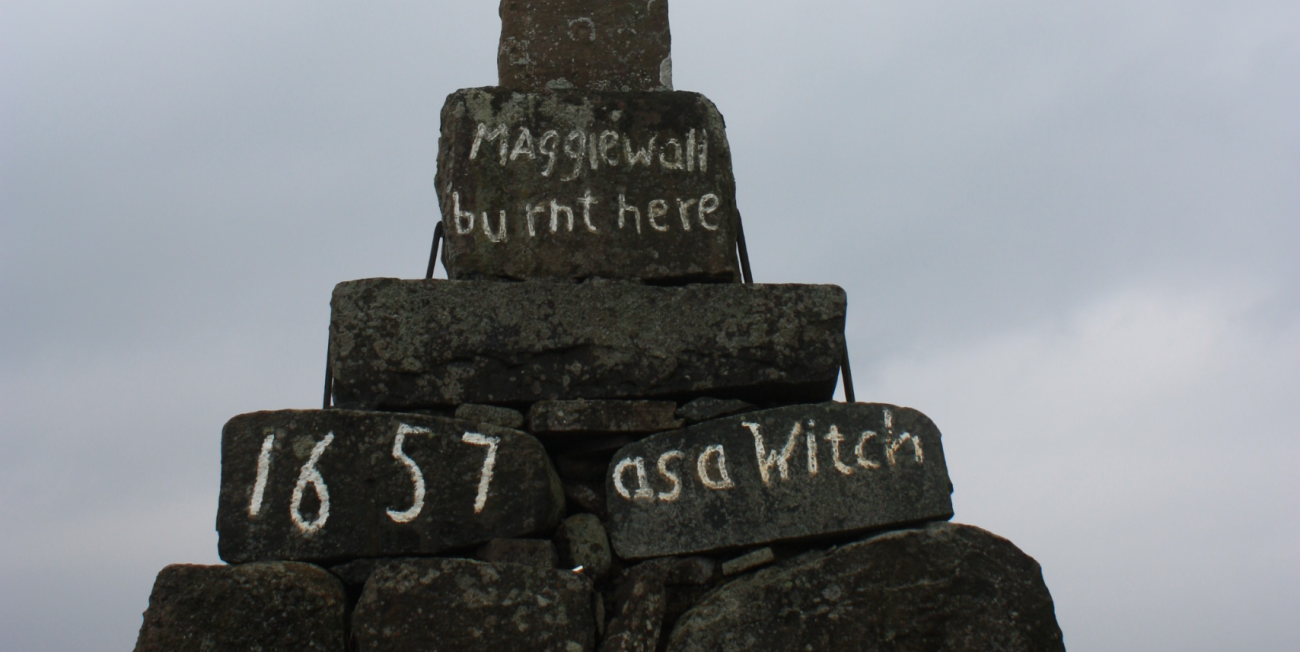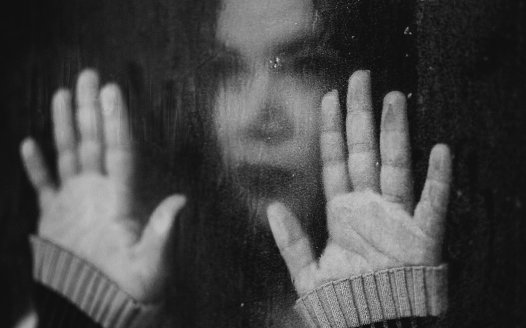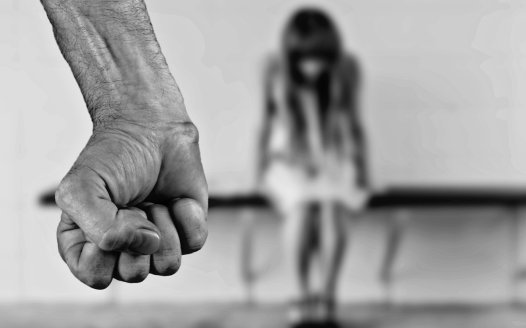NSS backs plans to pardon convicted Scottish ‘witches’
Posted: Wed, 14th Sep 2022
The National Secular Society has backed plans to formally pardon those convicted of witchcraft in Scotland but said more is needed to tackle misogyny.
The NSS has supported proposals in a consultation by Scottish National Party MSP Natalie Don for a Member's Bill which would pardon all those convicted under the Witchcraft Act 1563.
An estimated 3,837 people, disproportionately women, were accused of witchcraft in Scotland under the Act, with approximately 2,500 executed before the Act's repeal in 1736. Those accused of witchcraft were often tortured to obtain a confession.
The church played a role in increasing witchcraft hysteria by giving credit to the theory that women were more susceptible to evil influences, research suggests.
Don said the Bill "would give Scotland the chance to revisit these injustices" and "could have far-reaching impacts", as misogyny "remains an issue worldwide in modern society" and witch-hunts and executions still take place in countries across the world.
Witch-hunts and misogyny: The role of religious charities
In its response to the consultation, the NSS said it supported the proposed bill as witchcraft persecutions "are not confined to history" and the bill will send a message that "no-one should ever face criminal sanction or persecution based on allegations of witchcraft".
It expressed concerns about the role of religion in 'witchcraft abuse' cases, in which individuals, very often children, suspected of witchcraft are subjected to violent exorcisms.
Last year, a woman in the UK reported she had been subjected to abuse as a child after a church leader had branded her a witch and accused her of giving her mother cancer.
The NSS said witchcraft abuse can also include forms of 'conversion therapy' performed by religious groups intended to expel demons causing homosexuality. It highlighted that some of these 'exorcisms' have been conducted by churches that are registered charities in Scotland.
The NSS said while the pardon could help tackle misogyny, it noted that the overall impact "will be limited unless it is accompanied by more practical steps".
Responding to the consultation document's recognition that women accused of witchcraft were often those who deviated from expected gender roles, the NSS said some religious groups in Scotland still teach that women should be subordinate to men.
One example is the Free Presbyterian Church of Scotland, which says on its website: "The woman then is under authority – under male authority. Female subjection requires that she submit to that male authority. The man's authority means the woman's submission."
The NSS highlighted many of these faith groups are registered charities, despite guidance from Scotland's charity regulator OSCR stating registered charities "must actively provide benefit" and may fail the charity test if they cause "actual or likely detriment or harm".
The NSS said that because these charities are registered under the charitable purpose of 'the advancement of religion', OSCR is powerless to stop them promoting misogyny and other extremist views.
It highlighted how in June OSCR declined to uphold a complaint made by the NSS about misogynistic, homophobic and anti-vaccine Facebook posts by East Kilbride Christadelphians on the grounds that their statements were "in accordance with their religious beliefs".
NSS: Scottish government must do "far more" to tackle misogyny and abuse
NSS head of operations Helen Nicholls said: "A formal pardon for those convicted under the Witchcraft Act is right in principle and will help combat the still all too real problem of witch-hunts and witchcraft abuse, both in the UK and across the world.
"But if the Scottish government is serious about tackling witchcraft abuse, and the misogyny and homophobia that underpins much of this abuse, there is far more it needs to do.
"It is particularly concerning that the charity regulator is powerless to stop charities from promoting misogyny, homophobia and other extremist ideas under the cloak of religion.
"Charities must provide a public benefit and must not cause harm. If the charitable purpose of 'the advancement of religion' is helping fundamentalist faith groups to spread anti-woman and anti-LGBT views with impunity, that charitable purpose must be urgently reviewed."
The consultation closes on Thursday.
Image: Cairn to Maggie Wall, believed to have been burned as a witch, Dunning, Scotland (cropped). Stephencdickson, CC BY-SA 4.0
Write to your MP: reform charity law
Tell your MP it's time for 'the advancement of religion' to be removed as a charitable purpose. Enter your postcode below to find your MP and send a letter to them.









